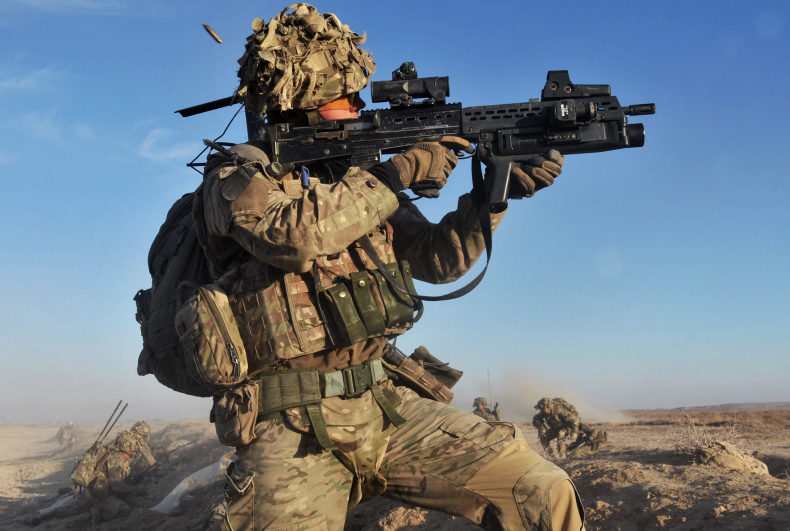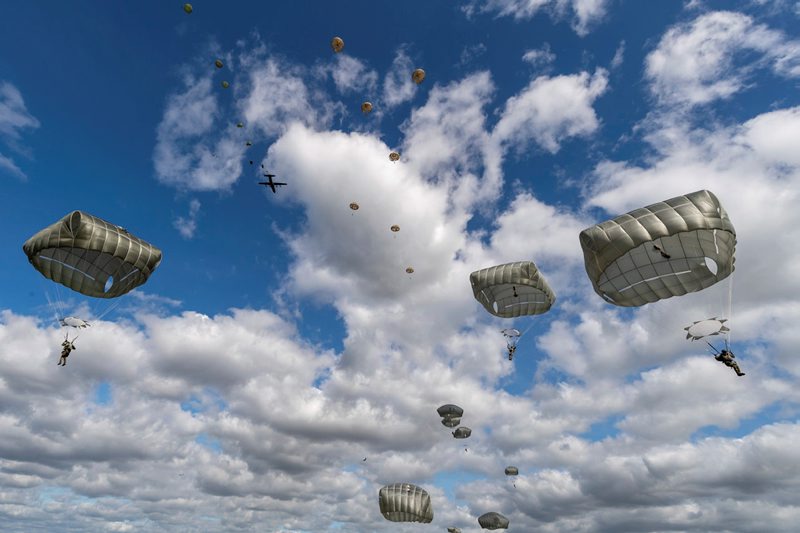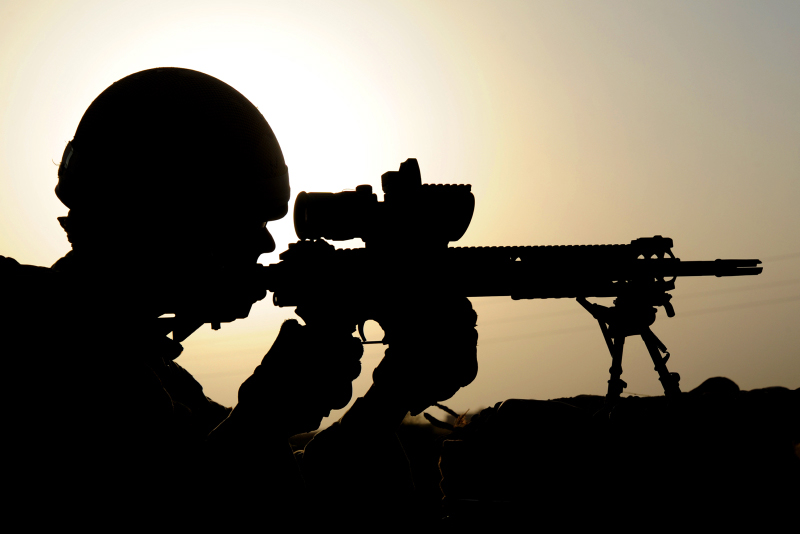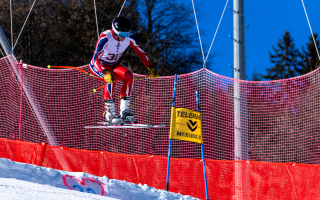
What Happens At The Armed Forces Medical?

The physically and mentally demanding nature of life in the services means there are minimum physical standards that must be met by individuals to ensure the safety of those who join and those who serve alongside them throughout their career.
There are many conditions that can prevent someone from joining the forces, including diabetes or epilepsy which, although are completely manageable on civvy street, could be life-threatening if they were to be deployed somewhere militarily without access to medication.
Therefore, anyone wishing to join the Armed Forces must first undergo and pass a full medical assessment before they can continue with any form of military training.

Medical/Health Questionnaire
All recruits must complete a health questionnaire that asks questions about pre-existing conditions, medication use and surgery history. It is possible at this stage that you may be considered unfit for service or you may experience delays whilst medical records are checked.
Medical Assessment
All potential recruits must complete the physical medical with a military or MoD approved doctor. The doctor must review and approve your medical history/assessment results before being allowed to progress onto the next stage of Basic Training.

What Is Checked At The Medical?
- Height, weight and BMI
- Lung capacity/peak flow test.
- Blood pressure/pulse.
- Urine sample.
- Eyesight and colour perception.
- Audiogram/hearing test (in a soundproof booth).
- A physical examination will check for hernias/lumps/irregularities.
- Reflexes and joint/muscular movements will also be checked, and recruits will be asked to complete physical movements such as walking on tip toes/heels/press ups and squats.

Top Tips
- Avoid loud noise up to 48 hours beforehand.
- Avoid excessive caffeine consumption.
- Avoid protein drinks.
- If you ticked ‘yes’ to any of the health questions bring copies of medical paperwork and records of any treatment or rehabilitation that may be relevant.

Medical Issues/Problems
Any issues that are flagged up at the medical stage need to be dealt with before continuing with any form of military training.
Certain conditions like asthma can preclude entry to, for example, certain trades in the RAF such as flying branches, but others may require a certain time period to have passed without incident or treatment and subject to a review of medical records before an application will be considered.
Another issue that crops up frequently is past dislocations and surgery on broken bones. It could be that your condition has been misdiagnosed in your notes or it has been misunderstood, for example back pain instead of discomfort or a ligament tear has been interpreted as a dislocation.
If an applicant feels that the decision is wrong they can appeal the decision but they would need to gather as much evidence to support their case as possible which could include further scans/x-rays or a specialist's opinion. It is also possible that while the Army may reject an application the RAF or Navy may not.
The medical standards do also change over time so what may be a bar to service one year may be considered the following.









